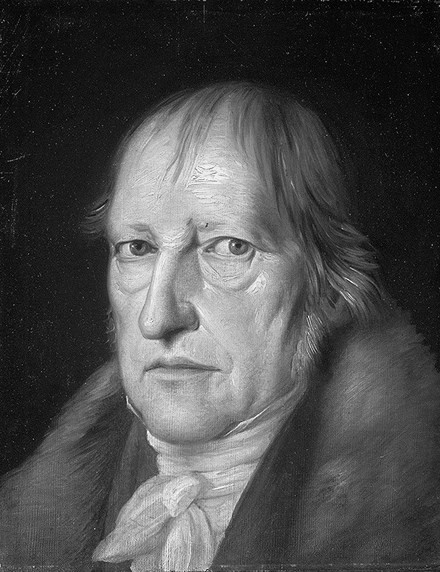
Publication details
Publisher: Springer
Place: Berlin
Year: 2018
Pages: 15-31
Series: Boston Studies in Philosophy, Religion and Public Life
ISBN (Hardback): 9783319913308
Full citation:
, "Reconciling laughter", in: All too human, Berlin, Springer, 2018


Reconciling laughter
Hegel on comedy and humor
pp. 15-31
in: Lydia Moland (ed), All too human, Berlin, Springer, 2018Abstract
Hegel's philosophical system turns to a species of the laughable at three critical junctures of his dialectic: comedy appears both at the conclusion of classical art and of Hegel's discussion of poetry, and romantic art ends with humor. But we misunderstand these transitional moments unless we recognize that Hegel did not use comedy and humor synonymously. Comedy refers to a dramatic genre with a 2000-year-old history; humor was a relatively recent aesthetic phenomenon that had become central to philosophizing about art in Hegel's generation. Hegel also differentiated between subjective humor, which he associated with the novelist Jean Paul's eccentric excesses, and objective humor. Focusing on the surprising examples Hegel offers of objective humor— from epigrams to Persian poetry to the obscure novels of T.G. von Hippel—I argue that we better understand Hegel's "end of art" thesis by tracing ways both comedy and humor can end. By understanding those endings, we also come closer to imagining how art can continue.
Cited authors
Publication details
Publisher: Springer
Place: Berlin
Year: 2018
Pages: 15-31
Series: Boston Studies in Philosophy, Religion and Public Life
ISBN (Hardback): 9783319913308
Full citation:
, "Reconciling laughter", in: All too human, Berlin, Springer, 2018


